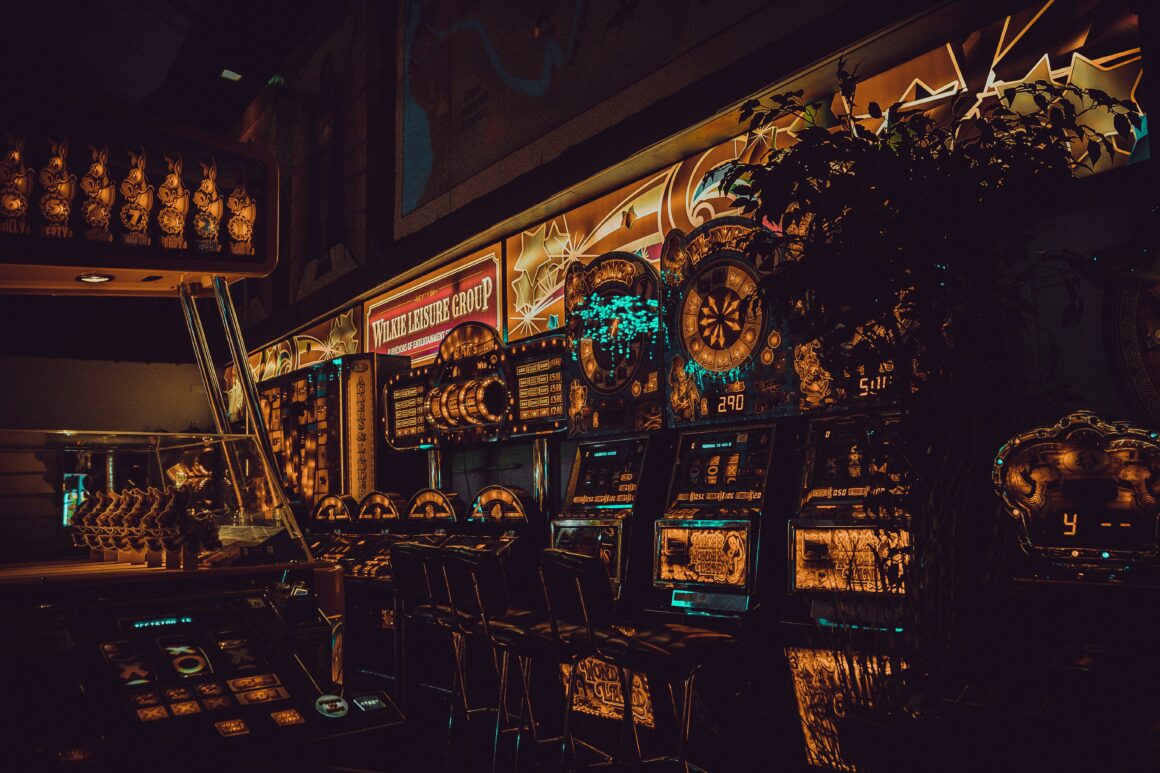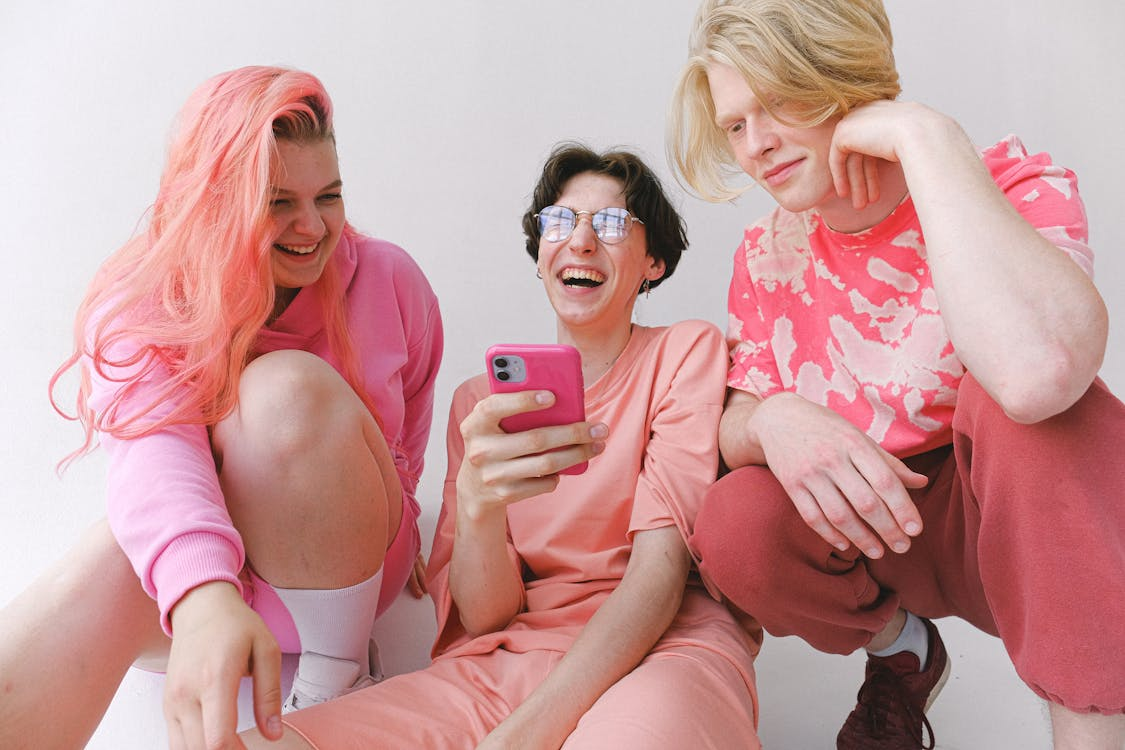Petty. Narcissistic. Impulsive. These are the words that adults often prescribe to the generation between Millennials and Generation Alpha, who are born anywhere from the mid- to late-90s to the early 2010s. To many of them, we are seen as phone-obsessed and social media consumed. We complain too much and can rarely carry a reasonable discussion with those who disagree with us. We wallow in our niche humor, memes and TikToks, marinating in our personal fables — the delusion that our struggles are unique and incomparable.
I admit, I’d been in danger of believing all this as well. But these past few months have overturned these negative connotations. Now, I propose a radical concept: Generation Z might be our only hope.
Because, yes, we may be petty, narcissistic and impulsive at times, but we refuse to be damned by the state of current affairs. When we identify an issue and commit to solving it, our “pettiness” translates into the indomitable will to change the status quo. Our “narcissism” expands not just to include respect for ourselves, but to also include compassion for others and resolve to combat the injustices they face. Our “impulsivity” strengthens, brightens, to become the kind of foolhardy, fiery, unflinching idealism that we bring to the causes we champion.
Say what you must, but no one can deny that we are capable of going against the grain — and we have.
Digital activism is trending. Here are 3 ways its happening right now:
–#KpopStansforBlackLives and #ShareTheMicNow
-Zoomers pranking Trump rallies
-TikTok comments pic.twitter.com/4FFLUEBNJc— Bloomberg Originals (@bbgoriginals) June 25, 2020
When quarantine started to overtake the nation back in March, so did a restless energy. I could hardly lounge about all day, losing myself in the dregs of YouTube and Netflix, twiddling my thumbs. I stumbled across a remote public policy internship opportunity on Google, and after a sequence of overenthusiastic emails, I scored an interview — then scored a spot as the leading analyst for fake news and media bias. As I joined the Slack channels and saw the rising number of interns, it became apparent that “internship” was much too meek a word.
This was an initiative, a movement, to revive solutions-focused, nonpartisan politics, and I was but a single cog in this ambitious machine of video editors, computer scientists, graphic designers, and more. As part of my research, I networked with politicians, pundits and professors, people that I’d never imagined I’d ever be able to contact.
But it wasn’t only the knowledgeable, passionate individuals I connected with that held me in thrall. It was the mobilization, the single-minded focus, of my fellow interns. It was their dedication to whatever area they were assigned to, whether it was public policy or outreach or editing. Everyday, I woke up to new messages from them, my phone lighting up with paragraphs and paragraphs reminding us of the urgency of our cause. We were ever-present, ever-responsive to each other’s needs.
I joined twitter because of One Direction and now I want to defund and abolish the police
— ? hannah rat (@hannah_unlost) June 8, 2020
Gen Z will drink one medium caramel latte, not eat a single thing till 4 pm, verbally abuse a racist, crack a joke about their mental health and pick up a tear gas canister with their bare hands, but get nervous when they have to call to make a doctors appointment.
— Teya (@tey_an) June 8, 2020
And this was not the only place where I saw unparalleled Gen-Z solidarity. Ever since the devastating video of George Floyd hit the web, my feed on Instagram has been flooded with those my age posting information of all kinds: petitions to sign, organizations to donate, educational infographics. Even those who are less active on social media, less vocal, have punched through their reservations and participated. We’ve touched on preserving women’s reproductive health, toppling Confederate statues, dismantling the myth of model minority and more.
This kind of micro-level change is what leads to macro-level reconstruction. Our predecessors laid the groundwork for us with the Civil Rights Movement, the rise of environmentalism and women’s rights back in the 60s. But there’s still so much left to do, and it’s up to us to follow their precedent. We’re just getting started.
https://www.instagram.com/p/CFx6FslHOUs/
Though news coverage ebbs and flows, we haven’t slowed down at all. Right now, as the election approaches, all of us who are eligible to vote, should. Let’s reverse the statistics with the greatest youth voter turnout in history.
Photo: Dan via Unsplash





